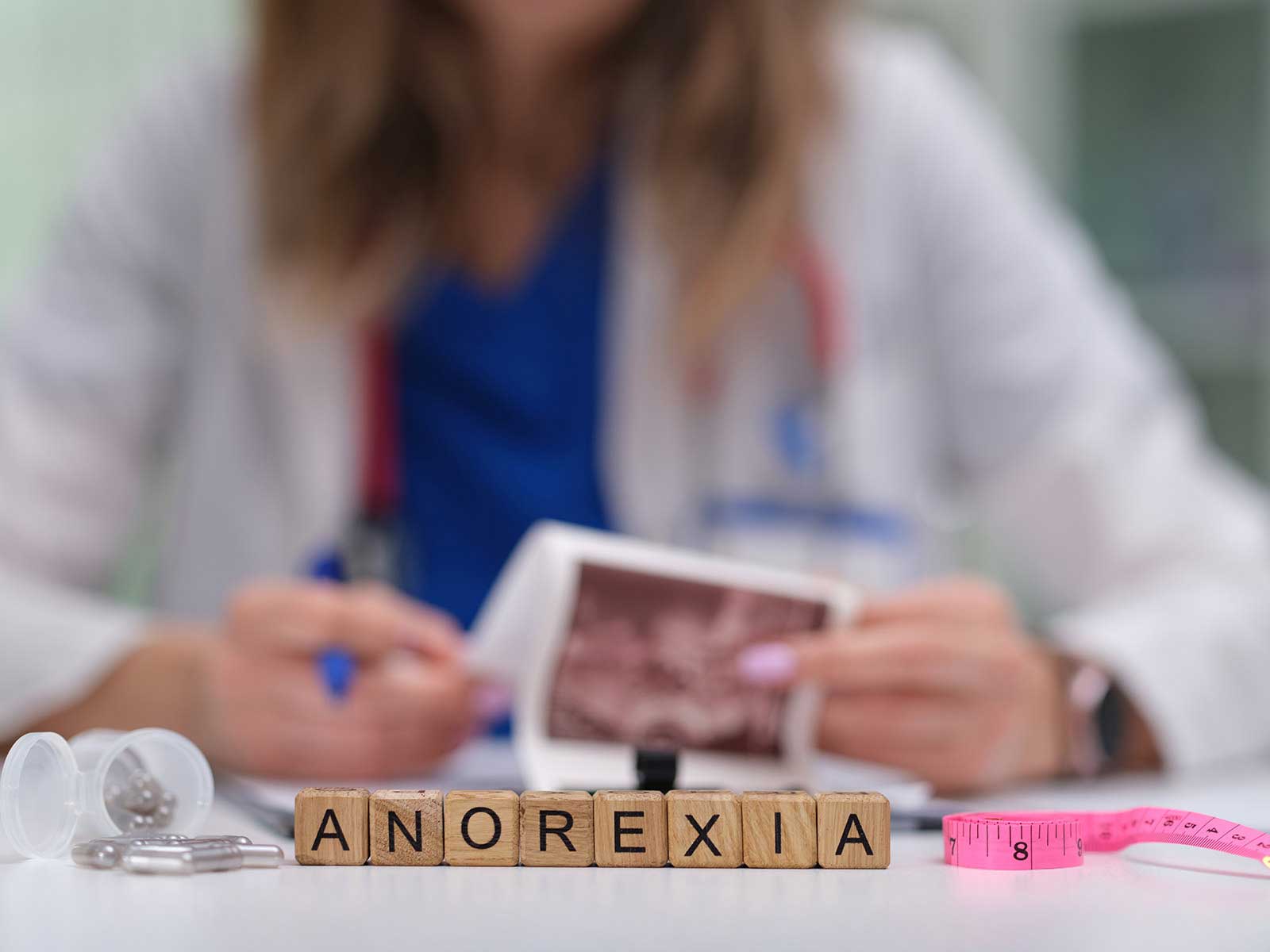
Anorexia nervosa is a type of eating disorder that is self starving, and extremely fearful of gaining weight. A persons with anorexia normally view himself as being excessively fat at a very risky scale of thinness. Anorexia can lead to very severe physical and mental health issues without treatment.
Early warning signs may include extreme behaviors around food and body image. Typical symptoms are:
Anorexia arises from a combination of external pressures and internal vulnerabilities:
Our team of specialists provides a long-term strategy to patient-centered care of anorexia, combining the following spheres: gastroenterology, nutrition counseling, and mental support to be able to heal forever, in GastroDoxs in Katy. Ready to take the next step? Reserve today and we will drive you on the highway of health and healing.
We've successfully treated more than 1.5K patients, helping individuals improve their digestive health and overall well-being through expert, personalized care.
With over 20 years of experience, GastroDoxs has been a trusted provider of gastroenterology care, focusing on delivering the best outcomes for patients
About 1 in 100 persons is affected by anorexia. Most often, the disease develops during the teenage years, but it can occur at any age.
An anorexia check-up typically includes a full physical examination, laboratory tests to assess nutritional status, and a structured interview that addresses eating habits and patterns.
Yes. Through early intervention and a comprehensive care plan involving dietary, psychological, and medical support, most individuals can achieve full recovery.
A drug alone may not cure anorexia, but in combination with therapy, a physician may prescribe medication to manage comorbid conditions such as anxiety or depression.
Bulimia nervosa involves binge eating followed by purging, often through vomiting or other methods, whereas anorexia nervosa is characterized by extreme food restriction and fear of gaining weight.
Be open with your medical team about how you feel. Counseling and therapy can help develop coping strategies and a healthier body image.
Anorexia can begin at any age, but it most commonly starts between 12 and 18 years of age.
Recovery is a personal process. Some individuals feel better within two months, while others may require a year or more of ongoing support.
A gastroenterologist evaluates digestive health, ensures proper nutritional support, orders lab tests, and coordinates with dietitians and therapists to restore gut and overall health.
GastroDoxs in Katy provides comprehensive anorexia care, including medical examinations, nutrition counseling, mental health support, and family resources. Appointments can often be scheduled the same day or the following day.